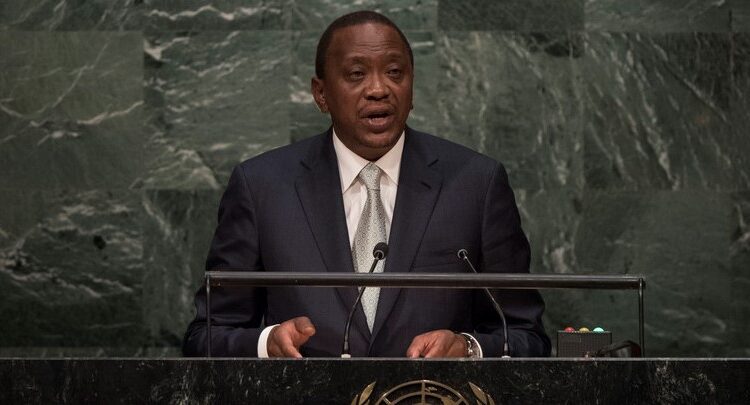More often than not, Kenya is considered the powerhouse of East African stability, and through experience, it has been involved in continental diplomatic theatrics. The country’s diplomacy has maintained a delicate balance between assertiveness and pragmatism. It is that very combination which has managed to navigate through the complexity and often stormy dynamics in the region. But the question is, is Kenya’s regional diplomacy periphery, or does it represent adaptative pragmatism as a form important to its national interest?
Historical Context: From Periphery to Regional Power
In the early years following independence, Kenya’s foreign policy was mostly preoccupied with the preservation of the state’s sovereignty and the territorial integrity of the newly found state. The country followed an approach of watchful waiting in terms of regional diplomacy, not involving itself directly in the conflicts that rocked its neighbors. This situation made some observers believe Kenya was taking a backseat in regional issues and a looker-on within broader regional dynamics in East Africa.
However, the nature of the engagement of Kenya took a turn for a more proactive involvement in the pursuit of regional peacebuilding during the 1980s and 1990s. Cases in point include active involvement in mediating conflicts in Sudan, Somalia, and South Sudan, among others. Kenya’s engagement in this process, on the one hand, represented the increasing influence of the country in the region, and on the other hand, it was a must to protect the national interest, including areas concerning national security and economic stability.
Adaptive Pragmatism: A Strategic Necessity
The regional diplomacy of Kenya can best be appreciated from the angle of adaptive pragmatism. Since it is a region that is heavily conflict-ridden, characterized by a swaying alliance with multilayered interests, Kenya, therefore, had to be adaptive in the approaches to diplomacy. Kenya’s approach to various regional issues, be it with their neighbors, its relationship with regional bodies, and the factual responsibility of people in regional conflict, is evident.
Pragmatism therefore forms one of the prime examples of the malleability of Kenyan pragmatism in policy toward Somalia. Even amid history of tensions and security concerns, particularly the Al-Shabaab insurgency, Kenya has kept its policy towards Somalia pragmatic. This could be seen through its quest in participating in the African Union Mission in Somalia and other pursuits in mediating and supporting peace initiatives in the country. Although these endeavors partly have a linkage to security concerns, they go further to mark part of Kenya’s strategic interest in having a region of stability.
Kenya’s involvement in regional bodies, namely the East African Community and the Intergovernmental Authority on Development, also attests to such adaptive pragmatism. In membership of these blocs, Kenya has used the fora to influence the regional policy and actions that it steers. Such pragmatic leadership by Kenya in these organizations—specifically on issues of economic integration and conflict resolution—demonstrates the commitment to a realistic and strategic approach towards regional diplomacy.
Challenges and Criticisms
Actually, the achievement of Kenya in terms of regional diplomacy has not been free from challenges and criticisms. As it is said of its pragmatic approach, sometimes the country has adopted some inconsistencies in terms of foreign policy—especially on how to balance national interests with regional obligations. For instance, the Kenyan military presence in the country set up to intervene in Somalia has only elevated the existing tension and lengthened the war. For instance, the diplomatic relationship of Kenya with some of its neighbors- Tanzania and Uganda- have often strained for reasons on clashing grounds of interest and varying approaches toward regional issues.
Furthermore, Kenya’s pragmatic diplomacy has somewhat projected the country as self-centred with a wide deviation from the ideal principles of solidarity in the region. There is an apprehension that Kenya will be more self-centred, rather than its true value addition in a regional diplomacy strategy that ought to be geared toward regional integration and cooperation.
Conclusion: Pragmatism at the Core
The regional diplomacy of Kenya is best appreciated from the perspective of adaptive pragmatism, which is often required to negotiate the dynamics that characterize East Africa. The country has appeared somewhat marginal in regional considerations anyway, but Kenya has developed a level of strategic and pragmatic view that has helped the country to properly protect its influence while protecting its national interests. As Kenya seeks a leadership role within the larger domain of regional diplomacy, this pragmatic approach must be balanced with the commitment to regional solidarity and cooperation. By doing so, Kenya will be a stabilizing country within the region as it pursues its own national interests.
